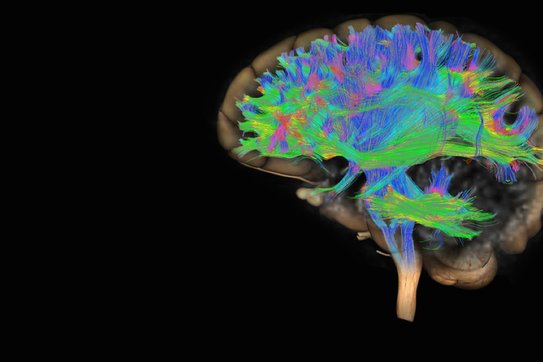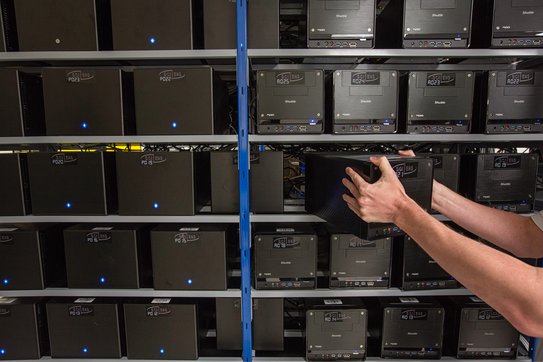Research within CWI is organized in 15 research groups. They focus on four areas of fundamental research:
- Algorithms: The digitalization of society and the omnipresence of computers bring new challenges and opportunities for algorithms.
- Data and Intelligent Systems: The growth of data and increasingly complex processes require advances in data management and intelligent autonomous systems.
- Cryptography and Security: The more society digitalizes, the more important it becomes to guarantee the security and privacy of all digital information and its processing.
- Quantum Computing: The development of quantum computer hardware simultaneously requires the development of quantum computing algorithms and software.
Within these themes CWI researchers regularly organize Research Semester Programmes accessible for researchers from the field.
Below you will find an overview of our research groups. Click on a specific group for more information.
















